Project Description
Singer and songwriter Bobby Charles in the Cajun-country town of Abbeville, LA, and grew up listening to traditional Cajun music. Charles could not read music or play an instrument, but writing songs came easily to him. At age 15, he credited a Fats Domino performance as having “changed his life forever” and is now known for writing hits for Domino, as well as Bill Haley & the Comets and Frogman Henry.
As a teenager, he discovered rock & roll and rhythm & blues, and began singing with a band called the Cardinals, who performed at local dances. During this period, he wrote a song called “See You Later, Alligator,” which particularly impressed a Crowley, LA, record-store owner who happened to know Chess Records founder Leonard Chess. Charles wrote a song called “The Jealous Kind” in the 1970s; Joe Cocker recorded it in 1976, followed by Ray Charles, Delbert McClinton, Etta James, and Johnny Adams. His friends and fans included Neil Young, Bob Dylan, James Taylor, and Willie Nelson. A reluctant performer, The Band invited him to play with them at The Last Waltz, a farewell concert, in 1976, where he played “Down South in New Orleans” with Dr. John and The Band, and participated in the concert’s final song, “I Shall Be Released.” Years later, Charles backed out at the last minute after agreeing to stage a comeback at the 2007 New Orleans Jazz and Heritage Festival presented by Shell, alluding to health issues as the reason for his absence.
Although Charles’ songs were perhaps more famous than he, Charles was inducted into the Louisiana Music Hall of Fame for his contributions to Louisiana music in 2007. After dealing with various personal disasters ranging from hurricanes to fires to cancer, Charles’ annual royalties allowed him to live a comfortable life despite being cheated out of some songwriting credits and publishing rights along the way.Charles lived quietly at Holly Beach on the Gulf of Mexico until Hurricane Rita destroyed his house in 2005 and he moved back to Abbeville. Due to release a new album, “Timeless,” in February of 2010, Charles collapsed in his home and died on January 14, 2010 at age 71. Charles had diabetes and was in remission from kidney cancer.

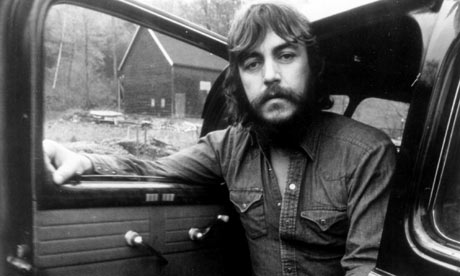
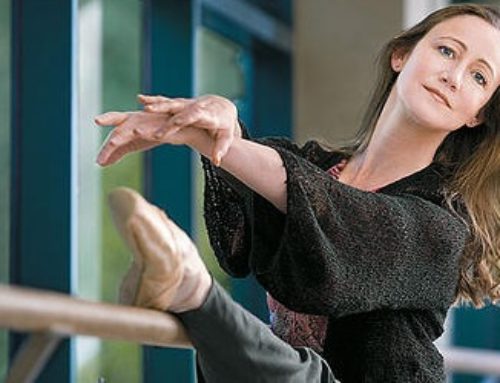
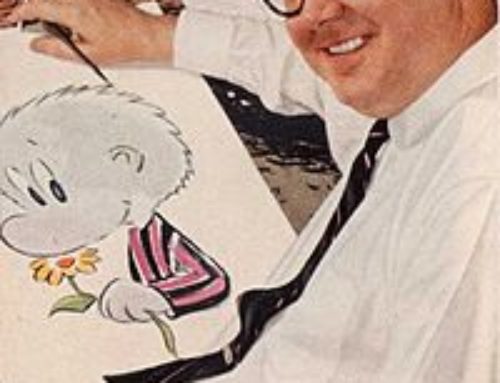
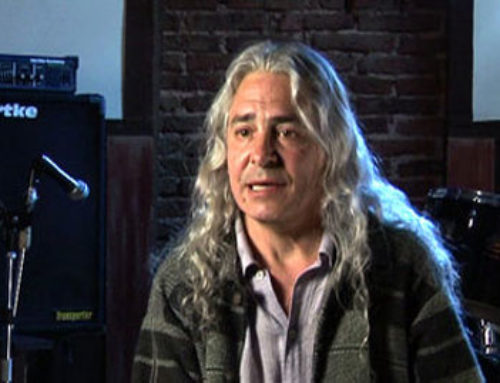
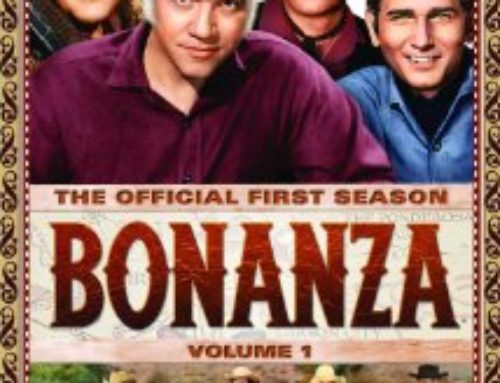
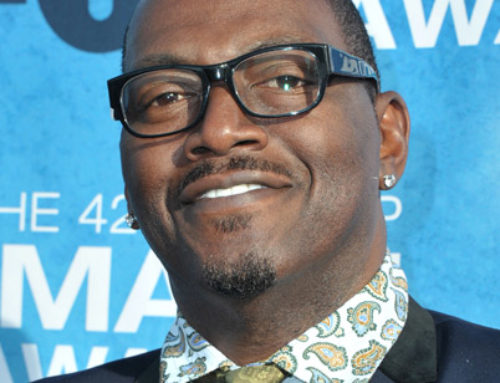
Leave A Comment